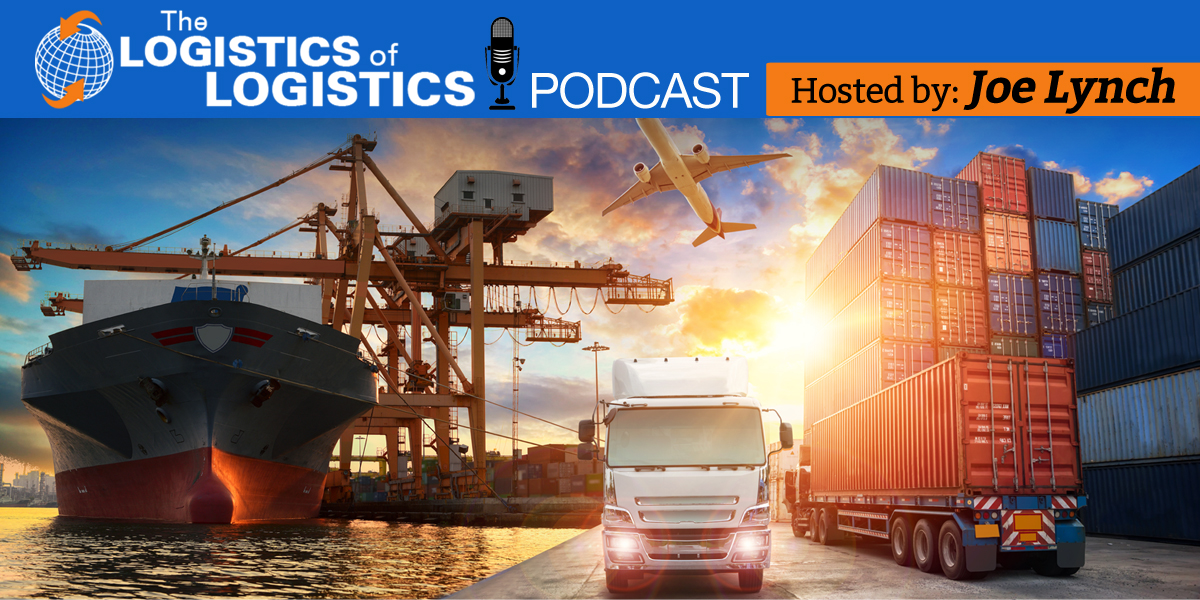Beyond Cost Per Load with Felipe Capella
Felipe Capella and Joe Lynch discuss beyond cost per load. Felipe believes that while cost per load will continue to be important, savvy shippers will look for 3PLs who use technology and people to bring additional value to the shipping function.
About Felipe Capella
Felipe Capella is President, COO and Co-founder of Loadsmart, a leading digital freight technology company. Previously advised companies on corporate strategy and M&A in Brazil and New York for 8 years. Joined the Inter-American Development Bank in Washington to advise on sovereign guaranteed development projects for Latin American countries. Founded, developed and launched an online contest startup. Co-founded Loadsmart to help build a revolutionary product. Felipe holds Master degrees from the University of Pennsylvania (valedictorian), from Universidad Francisco de Vitoria (Spain – full scholarship) and an MBA from Fundacao Getulio Vargas (Brazil). He taught Enterprise Recovery and Restructuring for senior students during 2 years at the Federal University of Santa Catarina at age 25, where he was granted a Professorship Honor from the students. Passed the Brazilian Bar Exam among the top 6% and the New York Bar Exam among the Top 3%, working for one of the Top 5 most prestigious law firms in the United States.
About Loadsmart
Transforming the future of freight, Loadsmart leverages artificial intelligence, machine learning and strategic partnerships to automate how freight is priced, booked and shipped. Pairing advanced technologies with deep-seated industry expertise, Loadsmart fuels growth, simplifies operational complexity and bolsters efficiency for carriers and shippers alike.
Key Takeaways: Beyond Cost Per Load
- In the podcast interview, Felipe explains how technology-based companies like Loadsmart are using technology to automate many aspects of the shipping process, however the focus should not be solely on cost per load.
- Savvy shippers and carriers will look for 3PL partners who can not only automate the life of the load, but also provide additional value via analysis, business intelligence, and market insights.
- To increase operational efficiency and reduce costs, companies like Loadsmart are automating the shipping process (life of the load):
- Quotation and booking
- Scheduling for pickup and delivery locations
- Carrier identification
- Carrier transaction
- Tracking and tracing
- Exception management
- Documentation and billing
- Each process step above has its own unique challenges, but increasingly, these steps are automated. Last year, 85% of Loadsmart’s revenue came from fully automated transactions. While, Loadsmart is one of the leaders in Freight Tech, don’t be surprised if automated shipments become commonplace.
- In addition to automating the shipping process, Felipe believes that Freight Tech leaders should focus on creating additional value for shippers including:
- Multimodal optimization for every shipment – fully automated.
- Automated scheduling updates that accommodate all the last-minute problems in the shipping business.
- Business intelligence that enable and empower humans to make better decisions.
- Smart tools that organize and analyze information in new and useful ways.
- Data insights powered by up-to-minute information that is only possible when systems are fully integrated.

